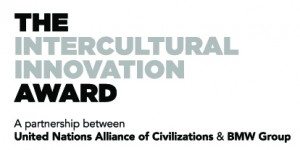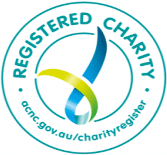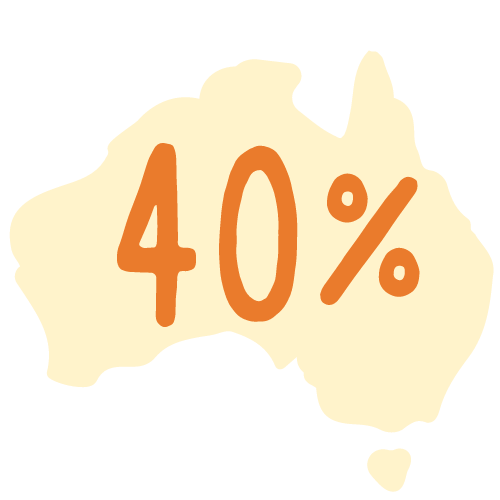
Children
Research shows that 40% of children experience racism in schools,1 with some studies indicating this number can be as high as 90%, for instance for First Nations2 or African-Australian3 children. Learn more about the impacts of racism in Australian schools.

Online
Online hate and racism can take many forms from bullying and harassment to engagement with hateful misinformation. Find out more about our work challenging hateful mis/disinformation, including fake news and conspiracy theories.
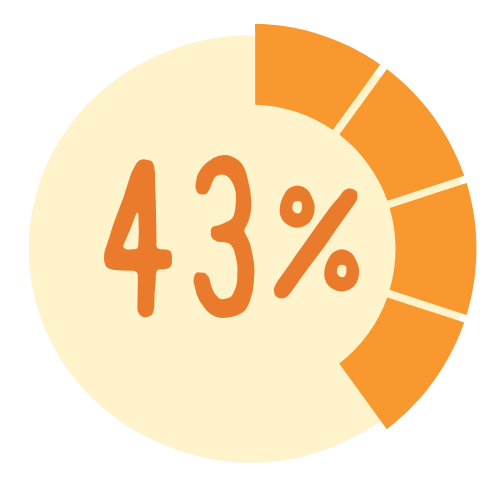
Workplaces
A recent study found that 43% of non-white Australian employees commonly experience racism at work, and that only a quarter of employees believed their employers took action against workplace racism or proactively prevented it. 4 Let’s tackle racism in the workplace together.
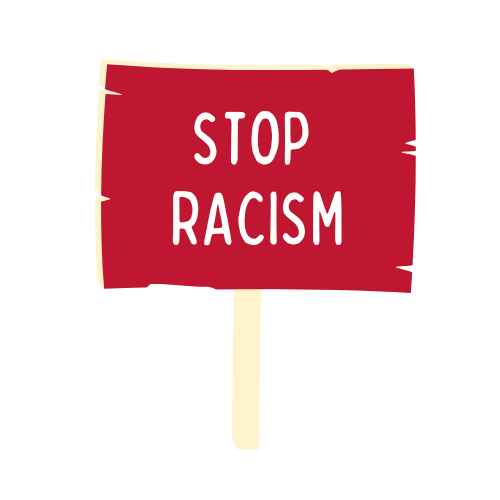
Anti-racism
Anti-racism is a process and a life-long commitment. Being anti-racist means taking active steps in your daily lives to dismantle racial inequity around you. Racism is a systemic, complex and multi-faceted problem that requires many different solutions, interventions and actions. Discover these tips you can do to actively challenge racism!
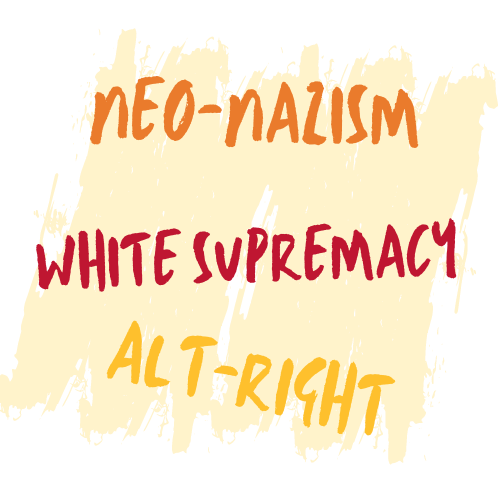
Extremism
Right-wing extremists inflame racist sentiment in the community. Come along to our activity-based Countering Far-right Extremism training so you can learn the latest trends, developments, insights and methodologies on how to identify and respond to right-wing extremism. Find out more about what you will learn in each training.

Sports
There is still a culture of systemic racism in Australian sports. Many reports5 have been commissioned that have highlighted an ongoing problem of racism in Australian sporting clubs. Sporting bodies need to tackle structural racism and can also help prevent racism among fans and players through public education initiatives like Erase Racism.

Media
Racism in the Australian media is a pervasive and systemic issue. Since 2016, our Media Monitoring Project has analysed racism in the Australian media, publishing several ground-breaking reports. Find out more about our impact, findings and community-led solutions.
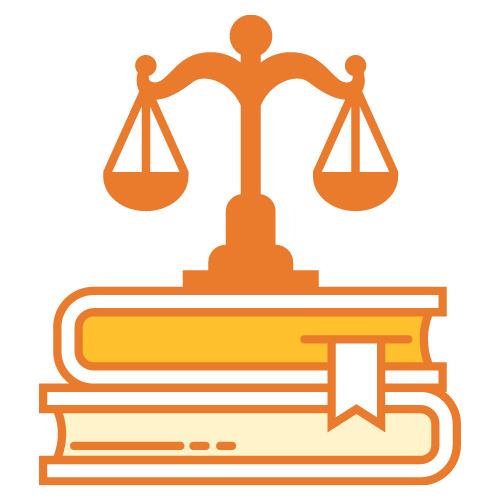
Justice
Several studies have exposed systemic and structural forms of racism in policing6, the justice system7 and child protection8, leading to discrimination, violence and death of people of colour and First Nations People. Find out how to report racism or racial discrimination.
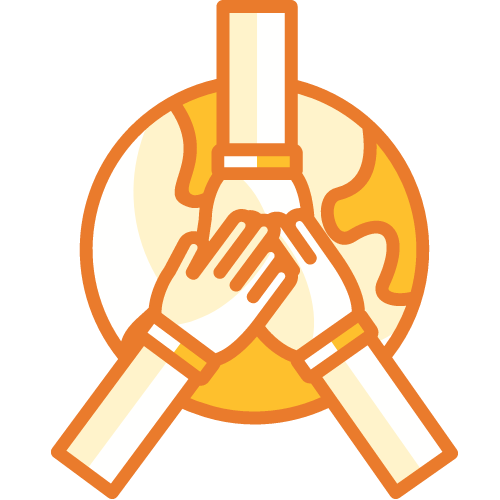
Get involved
Join us and make a positive difference to anti-racism and human rights in Australia. From volunteering, donating to partnering with us, there are many ways you could get involved. Your support will help continue our work to promote racial equity in Australia.
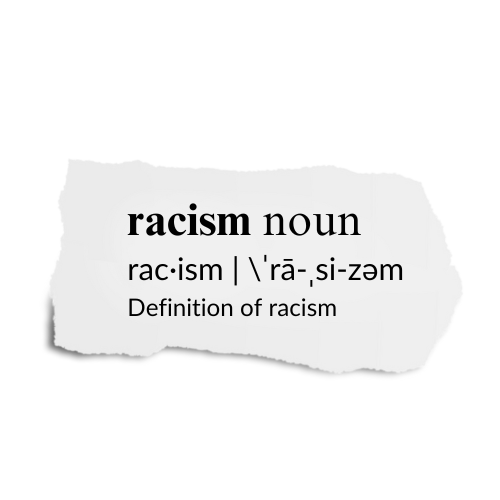
What is Racism?
Racism is more than just prejudice between people or groups of people. Racism occurs when prejudice is accompanied by the power to harm, oppress or discriminate, either by individuals, organisations or systems.
Racism can take many forms, including systemic racism, institutional racism, societal racism and individual/interpersonal racism.
Some sobering statistics about racism in Australia
- One in three people (35%) who speak a language other than English reported discrimination in 2022.9 Interestingly, the same report stated that minority groups from lower socioeconomic groups are particularly vulnerable to discrimination on the basis of skin colour, ethnic origin, or religion. This highlights, in our view, the intersectional nature of racism in Australia.
.
- Two in five people living in Australia have been a target of verbal racial abuse. Participants in this study also reported being “treated less respectfully” and other people acting “as if you are not to be trusted” as everyday forms of racism.10
- A major survey conducted by the ABC found that a startling 76% of Australians from a non-European background have experienced racial discrimination based on their ethnicity, but less than half of all respondents said white supremacy is engrained in Australian society.11
.
- A 2020 study found that over half of all Aboriginal and Torres Strait Islander people experienced at least one form of racial prejudice in the past 6 months alone, while 60% of Aboriginal and Torres Strait Islander people agreed that Australia is a racist country. 12
Denial of racism in Australia
Australia has a culture of denial when it comes to racism. We’ve created an infographic to explain this simply. The infographic is based on the findings in the report Denial of racism and its implication for location action by Jacqueline Nelson. 13
The idea that the denial of racism is at the core of racism or that “racism is accompanied by its denial” is well-established in the academic literature.14 The denial of racism can be seen as a form of racist violence itself.15 The denial of racism in Australia also perpetuates racist behaviour. Speaking up reduces racism by helping perpetrators understand that their views are in the minority,16 making them less likely to engage in prejudice and stereotyping behaviour. 17
Support for multiculturalism is growing
- A recent report found that over 85% of Australians agree that “multiculturalism has been good for Australia”. This is a 9% increase from 2018 (77%).18 This also means that approximately one in seven Australians believe that multiculturalism has not been good for the country.
- A 2024 study found that a third of Australians (34%) believe that “Australia would be stronger if we stopped immigration”. 19 The same report stated that this is “significantly behind the global average (43%)”.
- A 2020 survey found that 95% of Aboriginal and Torres Strait Islander people and 91% of the general community feel that the relationship between Indigenous and non-Indigenous Autralians is important. 20
- Most new migrants say they feel a strong sense of belonging to Australia and that this feeling deepens over time. 21
Impacts of racism in Australia
Racism can have wide-ranging effects on different people. This can include:

Mental Health
The academic literature is clear and much research has shown the correlation between racism and adverse mental and physical health impacts. The findings of Professor Yin Paradies, professor and chair in race relations at Melbourne’s Deakin University, demonstrate that people who experience racism are also:
- More likely to experience emotional and behavioural difficulties and suicidal thoughts;22
- Less likely to participate in healthy activities23 like social sports and even sleep;
- More likely to increase the use of drugs and alcohol, either directly to cope with stress, or indirectly because of reduced ‘self-regulation’ — “Kind of like when making poor food choices when you’re stressed or tired,” Professor Paradies says.24

Economy
Research has shown Racism costs the Australian economy billions of dollars.25 This can happen in a number of ways. There are direct costs, which fall to the person who experiences racism, including medical fees or payments from insurance schemes. There are indirect costs, which are incurred by businesses and things such as loss of productivity, absenteeism and lower work performance. There are also intangible costs such as the physical and mental health costs for the individual.
Racist violence and hate crime can also have economic impacts. In 2010, the Tourism Forecasting Committee said that the number of Indian people applying for student visas to Australia had plummeted by 46% due to racially-motivated attacks in Melbourne and Sydney at the time.26 This was a potential economic loss to Australia of up to $78 million.

Physical Health
Studies27 have shown there are elevated rates of disease and death for historically marginalized racial groups and people with experiences of racism are prone to a range28 of health and disease issues. This is also further compounded by systemic issues in access to healthcare.

Financial Security and Wellbeing
Racism also affects the financial security and well-being of people experiencing racism, for example by impacting on their employment and housing opportunities. For example, research has shown that to get as many job interviews as an Anglo-Australian applicant, an Indigenous person must submit 35% more applications, a Chinese person 68% more, an Italian person 12% more, and a Middle Eastern person 64% more.29
References and Further reading
- SOAR – speak out against racism, Australian National University, 2017. <https://csrm.cass.anu.edu.au/research/projects/soar-speak-out-against-racism>
- Niki Burnside, Racism is ‘everywhere’, reveals report based on survey of children and young people in the ACT, ABC News, 2023. <https://www.abc.net.au/news/2023-03-21/racism-experienced-by-children-in-the-act/102123720>
- GIER, Report on racism in Australian schools no surprise to education researchers: GIER researcher response, Griffith University, 2022. <https://blogs.griffith.edu.au/gierinsights/report-on-racism-in-australian-schools-no-surprise-to-education-researchers>
- David Aidone, The extent of racism in Australian workplaces has been laid bare. How can it be eradicated?, SBS, 2022. <https://www.sbs.com.au/news/article/the-extent-of-racism-in-australian-workplaces-has-been-laid-bare-how-can-it-be-eradicated/b49eiw85m>
- Do Better —Independent review into Collingwood Football Club’s responses to Incidents of Racism and Cultural Safety in the Workplace, UTS, 2021. <https://resources.afl.com.au/afl/document/2021/02/01/0bd7a62e-7508-4a7e-9cb0-37c375507415/Do_Better.pdf>
- Dan Butler, Youssef Saudie, Police data reveals Indigenous people are massively overrepresented in ‘use of force’ incidents, SBS, 2023. <https://www.sbs.com.au/nitv/article/police-data-reveals-indigenous-people-are-massively-overrepresented-in-use-of-force-incidents/6csiqikd6>
- Giovanni Torre, Institutional racism in Australian justice systems linked to the deaths of 151 Indigenous women, study finds, NIT, 2023. <https://nit.com.au/31-05-2023/6179/institutional-racism-in-australian-justice-systems-linked-to-the-deaths-of-151-indigenous-women-study-finds>
- Yoorrook Justice Commission, Yoorrook for Justice: Report into Victoria’s Child Protection and Criminal Justice Systems, 2023. <https://yoorrookforjustice.org.au/wp-content/uploads/2023/08/Yoorrook-for-justice-report.pdf>
- Dr James O’Donnell, Mapping Social Cohesion Report, Scanlon Foundation Research Institute, 2022. <https://scanloninstitute.org.au/mapping-social-cohesion-2022>
- Kathleen Blair, Kevin Dunn, Alanna Kamp, Oishee Alam, Challenging Racism Project, 2015-2016. <https://www.westernsydney.edu.au/__data/assets/pdf_file/0015/1202226/Challenging_Racism_Report_3.pdf>
- Annabel Crabb, Australia Talks shows we agree there’s a lot of racism here, but less than half say white supremacy is ingrained in our society, ABC News, 2021. <https://www.abc.net.au/news/2021-05-31/annabel-crabb-analysis-racism-australia-talks/100172288>
- Australian Reconciliation Barometer, Reconciliation Australia, 2020. <https://www.reconciliation.org.au/wp-content/uploads/2021/02/Australian_Reconciliation_Barometer_-2020_Summary-Report_web_spread.pdf>
- Jacqueline K Nelson, Denial of racism and its implications for local action, SAGE, 2013. <http://www.uws.edu.au/__data/assets/pdf_file/0009/426960/Nelson_2013_Denial_of_racism_and_its_implications_for_local_action.pdf>
- Lentin, Alana. “Beyond Denial: ‘Not Racism’ as Racist Violence.” Continuum 32, no. 4 (2018): 400–414. doi:10.1080/10304312.2018.1480309. <https://www.tandfonline.com/doi/abs/10.1080/10304312.2018.1480309>
- Lentin, Alana. “Beyond Denial: ‘Not Racism’ as Racist Violence.” Continuum 32, no. 4 (2018): 400–414. doi:10.1080/10304312.2018.1480309. <https://www.tandfonline.com/doi/abs/10.1080/10304312.2018.1480309>
- Susan E. Watt, Chris Larkin. Prejudiced People Perceive More Community Support for Their Views: The Role of Own, Media, and Peer Attitudes in Perceived Consensus. Wiley Periodicals, Inc. 2010. <https://onlinelibrary.wiley.com/doi/abs/10.1111/j.1559-1816.2010.00594.x>
- Czopp AM, Monteith MJ, Mark AY. Standing up for a change: reducing bias through interpersonal confrontation. J Pers Soc Psychol. 2006 May;90(5):784-803. doi: 10.1037/0022-3514.90.5.784. PMID: 16737373. <https://pubmed.ncbi.nlm.nih.gov/16737373>
- Dr James O’Donnell, Mapping Social Cohesion Report, Scanlon Foundation Research Institute,2023.<https://scanloninstitute.org.au/publications/mapping-social-cohesion-report/2023-mapping-social-cohesion-report>
- Half of Australians believe ‘society is broken’, ‘country in decline’.Ipsos. 2024. <https://www.ipsos.com/en-au/half-australians-believe-society-broken>
- Australian Reconciliation Barometer, Reconciliation Australia, 2020. <https://www.reconciliation.org.au/wp-content/uploads/2021/02/Australian_Reconciliation_Barometer_-2020_Summary-Report_web_spread.pdf>
- Face the facts: Cultural and Racial Diversity. Australian Human Rights Commission. 2024. <https://humanrights.gov.au/our-work/education/face-facts-cultural-and-racial-diversity#fn12>
- Priest N, Paradies Y, Stevens M, et alExploring relationships between racism, housing and child illness in remote indigenous communities. J Epidemiol Community Health 2012;66:440-447. <https://jech.bmj.com/content/66/5/440.short>
- Priest N, Paradies Y, Stevens M, et alExploring relationships between racism, housing and child illness in remote indigenous communities. J Epidemiol Community Health 2012;66:440-447. <https://jech.bmj.com/content/66/5/440.short>
- Molly Hunt and Moataz Hamde. How does racism impact on mental wellbeing?. ANC. 2021. <https://www.abc.net.au/everyday/racism-and-its-impacts-on-mental-health/12325678>
- Roje Augustin. Researchers say racism is costing the Australian economy billions. ABC News. 2021. <https://www.abc.net.au/news/2021-07-03/racism-costing-the-australian-economy-billions/100252786>
- Dan Harrison. Indian student visa applications fall by half. The Age. 2010. <https://www.theage.com.au/education/indian-student-visa-applications-fall-by-half-20100106-lubt.html>
- Williams, D. R., Lawrence, J., & Davis, B. (2019). Racism and Health: Evidence and Needed Research. Annual Review of Public Health, 40, 105. <https://www.ncbi.nlm.nih.gov/pmc/articles/PMC6532402>
- Joanne Lewsley and Rosie Slater. What are the effects of racism on health and mental health?. Medical News Today. 2023. <https://www.medicalnewstoday.com/articles/effects-of-racism#overview>
- Alison L. Booth, Andrew Leigh and Elena Varganova. Does Ethnic Discrimination Vary Across Minority Groups? Evidence from a Field Experiment. Blackwell Publishing Ltd and the Department of Economics, University of Oxford. 2011. <https://andrewleigh.org//pdf/AuditDiscrimination.pdf>

